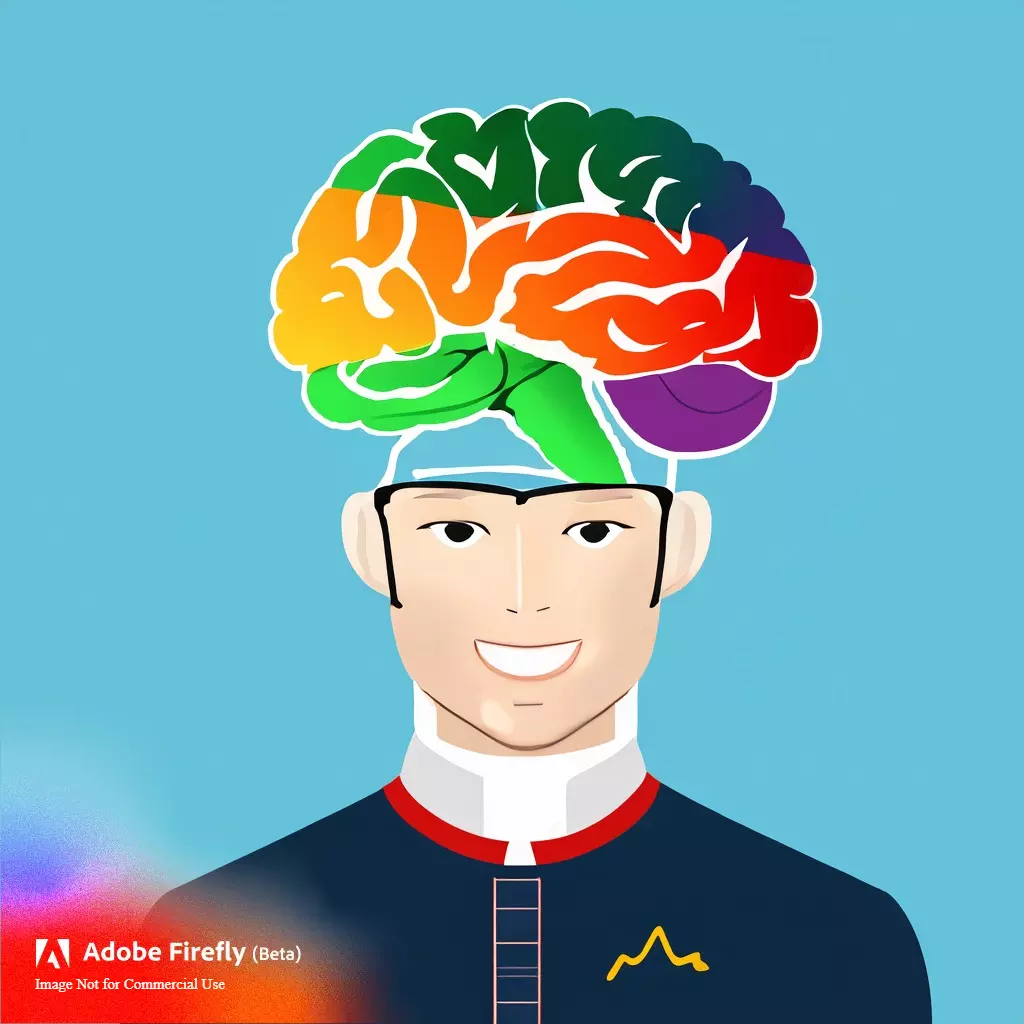Eating disorders and anxiety are two complex mental health issues that often coexist, creating a web of challenges for individuals who experience them. While they share overlapping symptoms and frequently occur together, it’s important to recognize that neither directly causes the other. Instead, their relationship is intricate, influenced by a combination of biological, psychological, and environmental factors. This article aims to shed light on the nuanced connection between eating disorders and anxiety, dispelling misconceptions and fostering a better understanding of these conditions.
The Overlapping Symptomatology
Eating disorders and anxiety share a number of symptoms, such as obsessive thoughts, excessive worry, and heightened stress. These commonalities can sometimes blur the lines between the two disorders, leading to misdiagnosis or a failure to address both issues simultaneously. For instance, individuals with anorexia nervosa may experience anxiety about gaining weight, while those with bulimia nervosa might feel anxious about their binge-purge cycles. However, it’s crucial to note that the presence of overlapping symptoms doesn’t imply causation; rather, it reflects the intricate interplay between these conditions.
The Bidirectional Relationship
Research suggests a bidirectional relationship between eating disorders and anxiety, where each condition can exacerbate the other. Anxiety can trigger or worsen disordered eating behaviors, as individuals may turn to restrictive eating, bingeing, or purging as maladaptive coping mechanisms. On the other hand, the distress caused by ongoing struggles with eating and body image can intensify feelings of anxiety, perpetuating a cycle of negative emotions and behaviors. This cyclical relationship underscores the need for comprehensive treatment that addresses both disorders simultaneously.
The Role of Control
A need for control is a common theme in both eating disorders and anxiety. While eating disorders may not exclusively stem from a desire for control, it often plays a significant role in their development and maintenance. Individuals with eating disorders might turn to their behaviors as a way to exert control over their bodies and lives in the face of overwhelming emotions or circumstances. Similarly, anxiety can lead to a heightened need for control as individuals grapple with uncertain or distressing situations. Understanding the role of control in both disorders can inform more effective therapeutic interventions.
Underlying Factors
Both genetics and environmental factors contribute to the development of eating disorders and anxiety. Genetic predisposition can increase vulnerability to these conditions, while environmental triggers such as societal pressures, trauma, and family dynamics can also play a substantial role. Additionally, shared risk factors such as perfectionism, low self-esteem, and a history of trauma can contribute to the co-occurrence of these disorders.
Holistic Treatment Approaches
Given the complex relationship between eating disorders and anxiety, holistic treatment approaches are essential for effective recovery. Therapeutic interventions that address both disorders simultaneously, such as Cognitive-Behavioral Therapy (CBT), Dialectical Behavior Therapy (DBT), and mindfulness-based techniques, have shown promise in breaking the cycle of anxiety and disordered eating. Furthermore, medical and nutritional support may be necessary to address the physical ramifications of eating disorders.
Eating disorders and anxiety are intricate conditions with a multifaceted relationship that extends beyond simple causality. While they share overlapping symptoms and often coexist, understanding the interplay between them requires a comprehensive view of genetic, psychological, and environmental factors. By acknowledging the bidirectional nature of their relationship and employing holistic treatment approaches, mental health professionals can provide individuals with the support they need to break free from the cycle of anxiety and disordered eating, fostering a path towards lasting recovery.
Also Read : Prioritizing Heart Health: Strategies For Stronger Heart
https://thelogicalindian.com/h-upload/2023/08/30/500x300_233069-firefly-images-related-healthy-mind-60821.webp
Trending
2023-08-30 08:07:28.0
Intricate Interplay Between Eating Disorders & Anxiety












